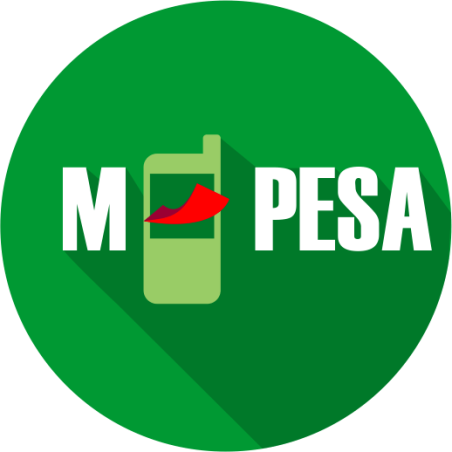Safaricom, East African Breweries ink M-Pesa deal

JAN 02,2014.
BUSINESSDAILY AFRICA.
Safaricom has signed a deal with the East African Breweries (EABL) that will see the beer maker’s distributors use its M-Pesa mobile money service to make payments as an alternative to cash.
EABL recorded an annual turnover of Sh59 billion in the financial year ended June 2013, making the deal potentially lucrative for Safaricom, which is keen to generate more profits from M-Pesa by promoting its use as a cashless payments system besides being a money transfer platform.
Safaricom charges traders about one per cent of the transaction value to receive money through its Lipa na M-Pesa service, which it touts as being cheaper and safer than cash.
The pact with EABL is one of several that Safaricom has lined up to sign with companies that have big distribution networks such as Unilever, Coca Cola,BAT and Nestle.
“The product is designed to have zero movement of physical cash, improve collection efficiency and minimise risks associated with cash within the distribution network,” Safaricom corporate affairs director Nzioka Waita told the Business Daily.
EABL distributors will receive payments for stocks by pubs, restaurants and other retailers through M-Pesa.
“The telecom is also using the Pay Bill service to encourage cashless transactions for other fast-moving consumer goods. The recently launched Lipa na M-Pesa service currently has 36,749 merchants and management targets to have 100,000 merchants on board by the end of the current financial year,” says a coverage note on Safaricom done by Genghis Capital.
The stockbroker says that the potential for Safaricom to grow revenue, is enormous because the use of electronic payments is still low, accounting for three per cent of all transactions.
Traders are charged about five per cent to receive payments on debit and credit card transactions, giving Safaricom’s Lipa na M-Pesa an upper hand over commercial banks.
The telecoms giant has been pushing for an increase in the daily M-Pesa payment limit of Sh140,000 imposed by the Central Bank of Kenya to attract companies with higher value transactions.
Increase in M-Pesa revenues is expected to make up for slowing sales from voice, which has been and still accounts for the lion’s share of turnover.
Safaricom’s half-year results show that the firm made sales of Sh69 billion, of which voice accounted for 61 per cent or Sh48.27 billion.
The effects of the price war that begun in 2010 when the Communications Commission of Kenya, the industry regulator, reduced the interconnection rate has been the main cause of the slowdown in growth of voice revenue.
Strong earnings
M-Pesa’s growth has averaged 30.7 per cent over the past three years. The payment platform’s revenue accounted for Sh12.5 billion or 18 per cent of all income over the same period.
Genghis predicts that this revenue will increase to Sh30.13 billion by the end of the telco’s financial year.
Investors have reacted to these growth prospects that have seen the share price nearly double since beginning of the year.
Safaricom’s share price increased by 97 per cent to Sh10.05 from Sh5.10 since the beginning of the year, driven by demand from local and foreign investors. The share price appreciation has offered investors who bought at the 2008 initial public offering a reprieve.
In 2008, it debuted on the Nairobi Securities Exchange at Sh5, but has rallied by expectations that the firm will report strong earnings and dividends based higher non-voice revenue such as M-Pesa and data.
Safaricom net earnings for the half year ended September 2013 stood at Sh11.3 billion, a 45 per cent increase compared to a similar period last year.
The telco is also in talks with the Kenya Forex Bureaus Association to allow the bureaus set up M-Pesa outlets, which will target high-value transactions on the money transfer service.
Banks, insurance firms and other providers are also looking into ways of tapping into M-Pesa users.
 Africas leading resource for digital financial services
Africas leading resource for digital financial services


comments